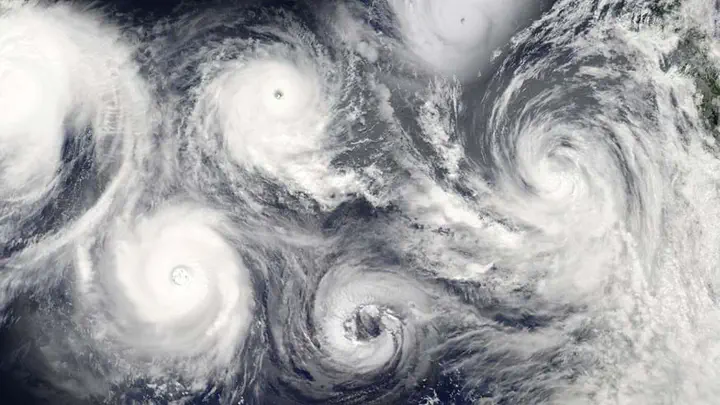Lancaster University Global Newsletter
How market competition can deliver better climate change forecasting

Managing the risks relating to climate change has become a major priority for governments, industries and insurance providers worldwide.
Just as one example, the warmer sea temperatures of the El Niño phenomenon lead to droughts, floods, crop failures and food shortages around the world, with one study estimating it causes trillions of dollars in lost economic growth. How El Niño might change as global temperatures rise is an important question.
More reliable long-term forecasts of climate and climate change make a vast difference in terms of planning and risk management for whole nations and societies. “So rather than governments providing funds for individual bits and pieces of research, why not pay directly for the best possible information from a range of experts? In other words, tapping into real-time forecasts from a competitive market for predictions,” argues Mark Roulston at Lancaster University Management School.
With this opportunity in mind, LUMS has developed the world’s first successful platform for running expert prediction markets around climate risks alongside the University of Exeter’s Land, Environment, Economics and Policy Institute (LEEP). CRUCIAL (Climate Risk and Uncertainty Collective Intelligence Aggregation Laboratory) has run a range of expert prediction markets – for monthly temperature and rainfall in the UK, El Niño-Southern Oscillation, Atlantic hurricane activity and UK wheat yield. With funding from the SCOR Foundation for Science (the scientific philanthropy arm of the French reinsurer), CRUCIAL currently has seven different active markets: Atlantic hurricanes as well as El Niño at six different ‘horizons’. The experts participating in these markets are made up of teams from eight UK universities, two from the US and a US weather forecasting company.
Dr Kim Kaivanto, Director of the project, said: “Experts contribute to CRUCIAL by making informed ‘bets’ with their predictions based on a diverse range of models and methodologies. The important difference is that there’s no cost involved to the institution contributing expertise — but they are rewarded financially based on the extent of the contribution they make to the overall accuracy of the collective forecast. So unlike gambling, it’s a positive-sum game. Experts are rewarded not just for what they know, but what they know that others don’t, which means it’s like a collective consultancy with performance-related pay attached."
CRUCIAL is continuing to expand to involve more participants from universities and other institutions globally, with the aim of involving more sponsors looking to access the pools of data and insights.
The original version of this post appeared 13 October 2025 in Issue 8 of Lancaster University’s Global Newsletter.